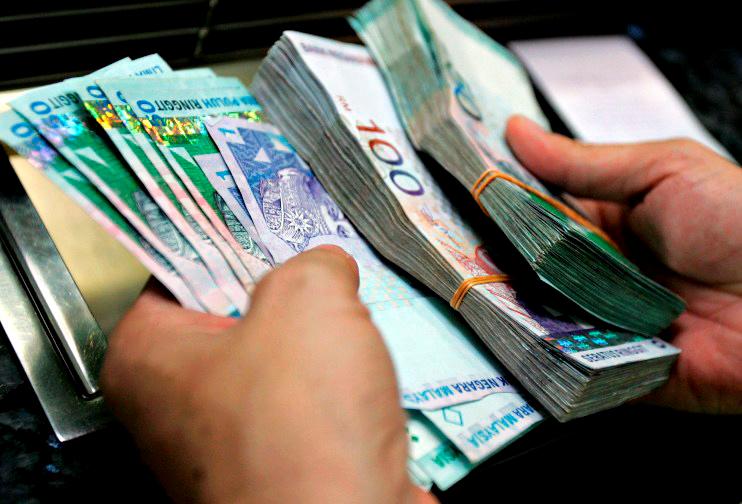PETALING JAYA: The government should pay a little more attention to the middle-income group, or M40, to grow their disposable income, said Malaysian Institute of Economic Research senior research fellow Dr Shankaran Nambiar.
He said it should also minimise subsidies to multinational corporations and T20 households for the short term instead of eliminating them, as such groups are also recovering from the impact of the pandemic.
“The B40 is usually the focus of discussions, especially regarding subsidies and cash transfers to help them cope with the rising cost of living.
“However, this priority should also be extended to growing the disposable income of people in the M40 group, who are just as hard pressed as they struggle to cope with rising costs as well as interest rates,” he said.
The Finance Ministry reported that RM55 billion was allocated for subsidies in Budget 2023, compared with RM31 billion the year before. Subsidies for the B40 and M40 income groups were also raised in Budget 2023.
Shankaran said the significant increase in subsidy spending this year could be due to economic factors such as rising commodity prices, inflation or increased demand for essential goods and services.
“Political motivations, such as addressing social welfare concerns or providing economic stimulus, may also play a role.”
However, he said while subsidies may not be ideal, they can assist vulnerable sectors of the population such as the B40 and M40.
“If it is not targeted effectively, especially during the current slow growth period post-Covid, there is a risk that subsidies may disproportionately benefit higher-income individuals and exacerbate income inequality.”
Prime Minister Datuk Seri Anwar Ibrahim has mandated that the country’s high-income group would not receive electricity subsidies or financial assistance to perform the haj pilgrimage.
“The wealthy in the T20 category are the only ones targeted by the reduction in electricity subsidies, and it will not impact the remaining 90% of the population,” Anwar said when announcing the decision.
Anwar, who is also finance minister, said the distribution of subsidies for eligible groups will be managed and coordinated using the main database known as Padu.
Shankaran said deciding which subsidies to reduce or eliminate should be based on factors such as sustainability, impact on desired outcomes, and effectiveness in achieving objectives.
“Subsidies perceived as unsustainable or disproportionately benefiting higher-income groups may be prioritised for reduction.
“Discouraging high-income groups from relying on subsidies can help ensure that they (subsidies) reach those who genuinely need them, thus reducing the risk of misallocation.”
To ensure long-term economic sustainability, Shankaran said the government may need to reassess its subsidy programmes and explore alternative approaches to public spending.
Before establishing subsidies, Shankaran said the government should conduct comprehensive studies on the matter.
“Monitoring and managing the effects of subsidies are necessary to mitigate its potential consequences, such as higher deficits, increased national debt and reduced long-term fiscal flexibility due to excessive subsidy spending,” he said.
Shankaran emphasised that there should be alternative policies or measures to reduce the burden of subsidies while still supporting vulnerable populations or sectors.
He said this could involve targeted support through cash transfer programmes, job training or infrastructure investments to stimulate economic growth and create employment opportunities.
He added that policymakers should always consider the social and political implications when making decisions about subsidy reduction or elimination.
While subsidies are intended to address social welfare concerns, he said they can also have negative consequences, such as creating dependency or distorting market dynamics.
“Engaging with stakeholders, considering potential social impacts and transparently communicating reform plans can help address these implications.
“Restructuring or redesigning the current subsidy system to better target support for vulnerable segments could involve means-testing or income-targeting approaches,” he added.









